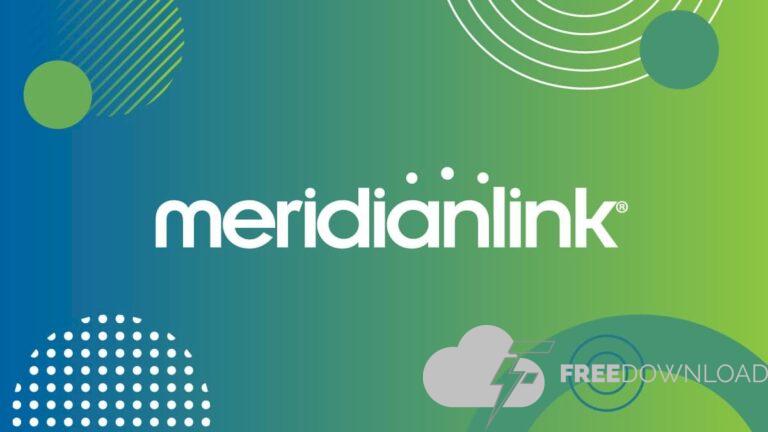Openai has unveiled two new developer tools- reactions API and Agent SDK- have determined to facilitate the manufacture of advanced AI agents that are capable of performing complex tasks autonomous. The purpose of these devices is to empower developers to integrate sophisticated AI functions in their applications, which enhances user experiences and operational efficiency.
Reaction API: Increase AI capabilities
Reactions APIs serve as a comprehensive interface that combines OpenAI’s chat full capabilities with advanced tool uses, enables AI agents to do various types of functions:
- Web Search Integration: Agents can get real-time information from the Internet, user can provide up-to-date reactions to questions.
- Computer Operations: Using Openai’s operator model, agents can directly execute functions on the user’s device, automate processes such as file management and application control.
- Document Search: Agents can squeeze efficiently through comprehensive documents, finding relevant information quickly in areas such as customer support and legal research.
This API represents a development from the previous Assistant API, in which OpenIAI’s plan is to fully infection to the API, fully more versatile reactions to phase out the older version by mid -20126. This strategic step reflects Openai’s commitment to refining its equipment based on developer response, ensuring more efficient and capable AI integration.
Agent SDK: Ai agent development
Filling API’s reactions, agents provide a framework for SDK developers to orchestrate and work together several AI agents. This toolkit simplifies the coordination of agents to handle complex workflows, allows for this:
- Work delegation: Developers can provide specific responsibilities to individual agents, which can ensure special handling of complex processes.
- Workflow Management: SDK facilitates spontaneous integration of various AI agents, allowing them to cooperate effectively towards achieving broad goals.
By providing these capabilities, agents SDK address the challenges of coordination of several AI components, which pave the way for more sophisticated and autonomous AI systems.
Implications for AI landscape
Introduction These devices indicate the dedication of Openai for AI technology and developers to further its access to developers. By offering strong APIs and SDKs, OpenIAI enables the manufacture of AI agents that can autonomally perform functions ranging from simple data recovering to complex decision making processes. This development is especially on time, as competition in the AI region intensifies globally. In particular, Chinese Startups such as Monica have launched AI agents such as Manus, who allegedly perform better than existing models such as openiI’s deep research agents. Monica’s cooperation with teams behind Alibaba’s Quven AI model underlines rapid progress and competitive dynamics in the AI industry.
looking ahead
The latest Prasads of Openai have been designed to accelerate the integration of AI agents in mainstream applications, aligning with estimates that such a technique will be ubiquitous by 2025. As soon as these devices are widely adopted, user can estimate more spontaneous and intelligent interactions with software on how tasks are automatically done and operated in various sects.
Source: Ruckus
Thanks for reading..




